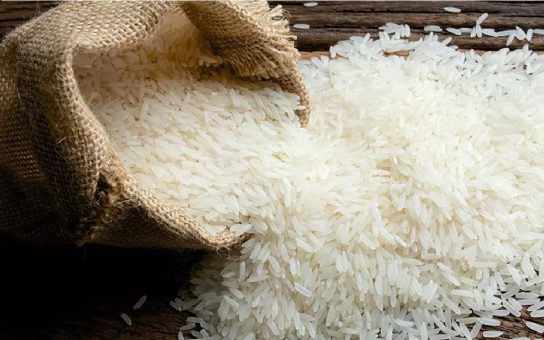The Nigerian government has initiated the sale of 30,000 metric tons of milled rice at a significantly subsidised rate of N40,000 per 50kg bag. The move is part of a broader strategy to improve food security and provide relief to civil servants and vulnerable populations across the country.
The launch of the initiative took place on Thursday in Abuja, with Senator Abubakar Kyari, the Minister of Agriculture and Food Security, spearheading the event. Senator Kyari emphasized President Bola Tinubu’s commitment to ensuring no Nigerian goes hungry during these challenging economic times.
“The goal of this intervention is to ensure that food remains accessible to all Nigerians, especially in the face of increasing costs,” Kyari stated during the event. “This administration is determined to ease the financial strain on families and stabilise the prices of essential goods like rice and other alternatives.”
To ensure that the subsidised rice reaches those who need it the most, the government has implemented strict measures designed to prevent hoarding and multiple purchases. Under the “one man, one 50kg bag” policy, individuals will be required to verify their identities using their National Identification Number (NIN). Civil servants, in particular, must also be registered on the Integrated Payroll and Personnel Information System (IPPIS) platform to qualify for the subsidy.
Verification will be conducted via a specially developed digital platform, and payments must be made electronically through ATM cards, ensuring transparency and efficiency in the distribution process.
These safeguards, according to the Minister, are crucial to maintaining fairness and preventing exploitation. “We want to ensure that every eligible Nigerian gets their fair share. These policies are designed to keep the process clean and efficient, ensuring that only those who truly qualify can benefit from the program,” Kyari added.
The introduction of 30,000 metric tons of rice into the market is expected to significantly reduce not just the cost of rice, but also other staple foods. According to Kyari, the allocation of 1,000 trucks of rice to each state is projected to stabilise food prices and create a ripple effect across other food substitutes and alternatives.
“It is anticipated that this initiative will have a positive impact on the entire food supply chain, not just rice. By lowering the price of rice, we hope to see a reduction in the prices of other staple food items, making it easier for Nigerian families to afford nutritious meals,” Kyari explained.
The government’s decision to prioritise civil servants and low-income households has been welcomed by many as a timely and necessary intervention. With inflation hitting hard across Nigeria, food prices have soared, making it increasingly difficult for average Nigerians to afford basic necessities.
By linking the distribution of subsidised rice to both the NIN and the IPPIS platform, the government aims to streamline the process and ensure that the program’s benefits reach its target audience.
“We understand that the rising cost of living has placed significant pressure on Nigerian families, particularly those in the public sector and low-income brackets. This initiative is a direct response to that,” Kyari remarked.





